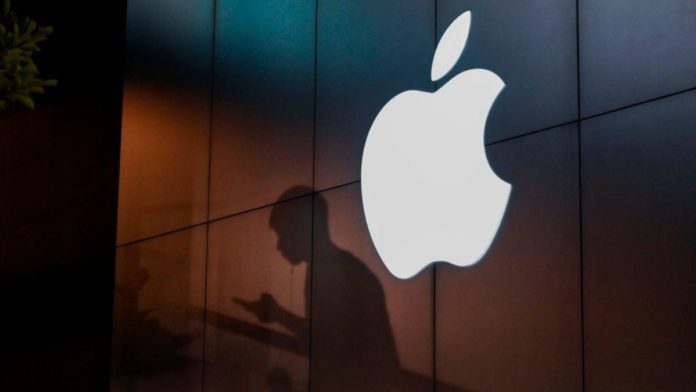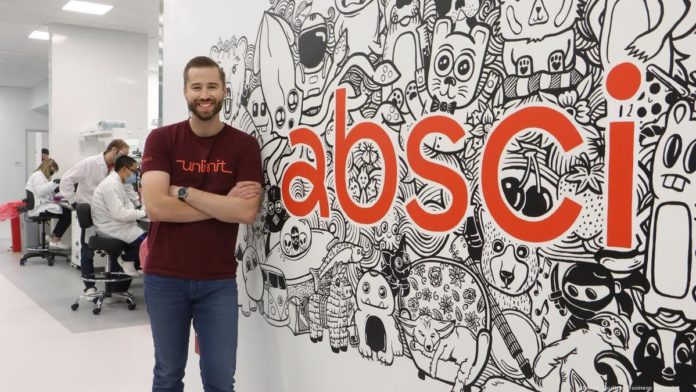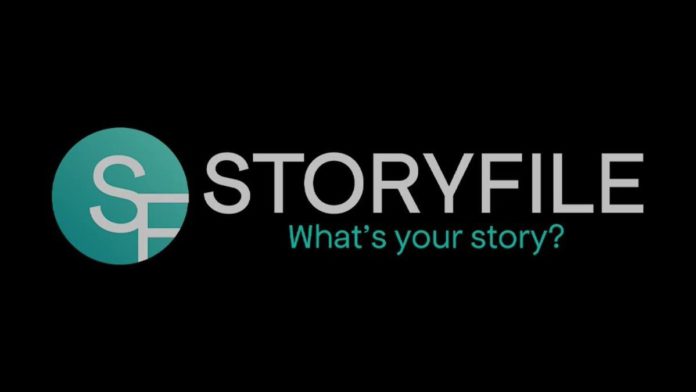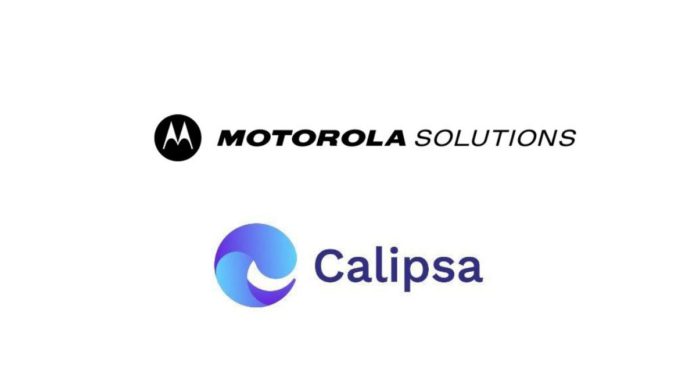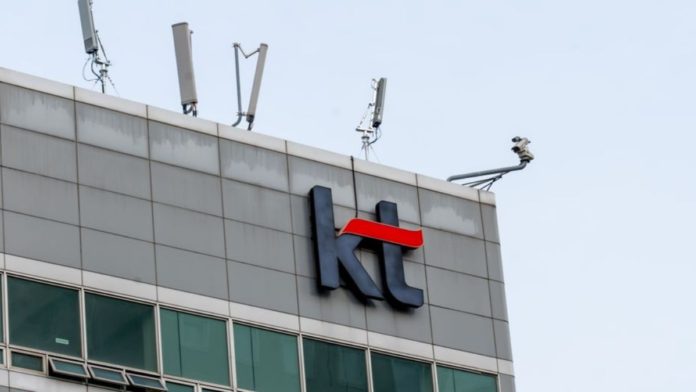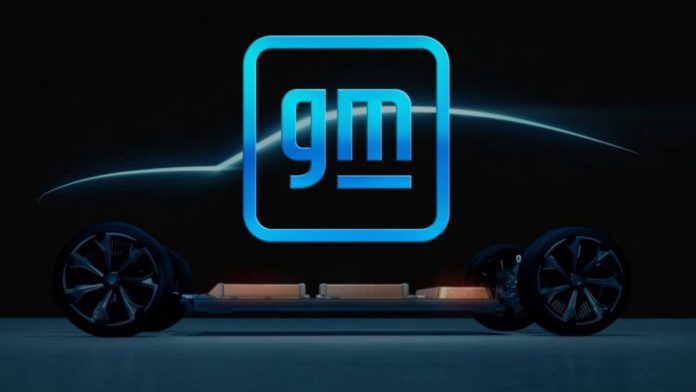Global technology giant Amazon announces the launch of its new $1 billion Industrial Innovation Fund initiative.
Amazon will invest the announced funds in logistics and robotics startups to improve supply chain, fulfillment, and logistics innovation in the industry.
Over the last decade, the global eCommerce industry has witnessed a massive surge in demand, for which some of the credit goes to the ongoing COVID-19 pandemic.
Read More: Apple to launch AI-powered Message Scanning feature for Child Safety in UK
Therefore, this new development is a step for Amazon toward bringing in innovative methods to improve the consumer and employee experience.
According to Amazon, the funds will be invested in companies that envision solutions that progressively boost delivery speed while also improving the experience of warehouse and logistics workers.
Startups using wearable technologies to enhance fulfillment center safety and robotics technologies are among the first companies to receive money from the Amazon Industrial Innovation Fund.
Vice President of Worldwide Corporate Development at Amazon, Alex Ceballos Encarnacion, said, “We see an opportunity to look beyond our own experience and empower companies that are developing emerging technologies in customer fulfillment operations, logistics, and the supply chain.”
He further added that they are delighted to help progress these technologies as online shopping becomes even more vital to individuals who are looking for more convenience and time savings, whether their investment helps companies expand or leads them to partner with Amazon, or both.
Amazon’s first batch of investments was made in companies like Modjoul, Vimaan, Agility Robotics, Bionic Hive, and Mantis Robotics. The company stated that it has no defined investment size goals or a deadline for deploying the $1 billion promised to the fund.
“With our scale, Amazon is committed to investing in companies that will ignite innovation in emerging technologies that can help improve employee experiences and safety while seamlessly coexisting with workforces across the supply chain, logistics, and other industries,” added Ceballos.



